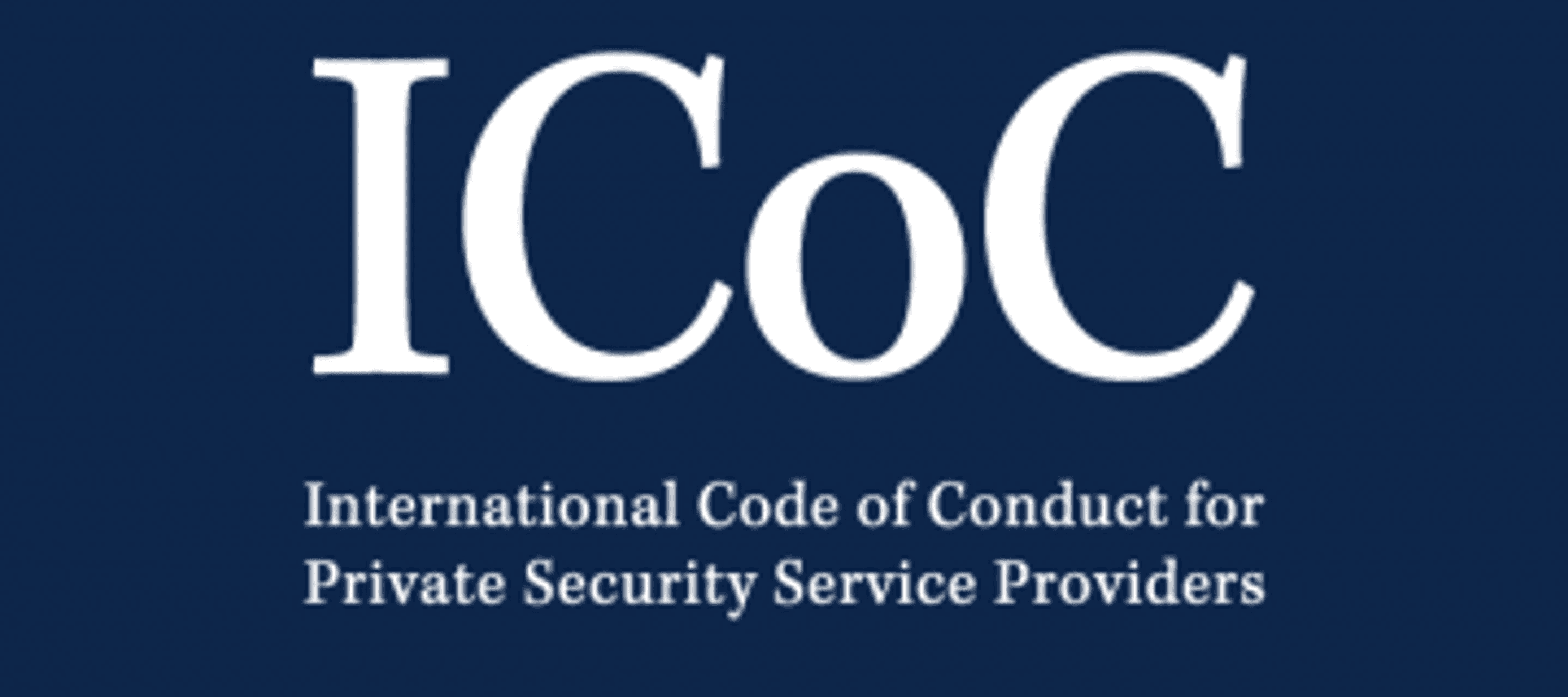Now the real work begins: Implementing the International Code of Conduct for Private Security Servic
20 March 2013

The last decade has seen an explosion in the use of private military and security contractors by governments, industry, the U.N., and humanitarian organizations. Meanwhile, the means to hold these companies and their personnel accountable for violations of human rights, such as the Blackwater massacre in Nisoor Square and the torture of detainees in Abu Ghraib, have not kept pace.
For the past eight years, Human Rights First has engaged in efforts to promote greater accountability for, and government oversight of, abuse by private security providers (PSPs). In 2008, we concluded that the U.S. government failed to effectively control PSP actions and the Justice Department was unable or unwilling to hold them criminally accountable for acts of excessive violence or abuse Private security contractors effectively operated under a culture of impunity.
Let us be clear: we do not oppose PSPs. PSPs provide a valuable service to our national security and take great pains to ensure that they are in full compliance with the law. That is why PSPs themselves seek standards on combating and responding to abuses so that a few bad actors do not undermine the industry as a whole. Indeed, the failure by national governments to establish meaningful accountability over PSPs undermines, rather than furthers, national security interests.
So we welcomed and participated in a Swiss initiative to engage governments and industry to translate international humanitarian and human rights principles into concrete commitments called the International Code of Conduct (ICoC). The Code builds on the Montreux Document, which describes international law as it applies PSP activities in the context of an armed conflict. It also contains a compilation of good practices to assist states in implementing their obligations under international law through a series of national measures. Over 40 governments have signed on.
The International Code of Conduct sets forth the international humanitarian and human rights obligations of PSPs, and provides for oversight and governance mechanisms to ensure company compliance. The Code establishes several key obligations for companies joining the initiative: to maintain systems and policies to implement the code, to put these into practice in the field, and to establish grievance procedures for affected individuals and communities. The Code envisioned an oversight mechanism – through certification, performance assessment and support for grievance procedures – and to serve as a clearinghouse of information on industry best practices. The Code also provided for a Temporary Steering Committee (TSC) of government, PSP and civil society organization representatives to take the process forward.
Human Rights First and other civil society organizations insisted that the mechanism governing implementation of the ICOC be independent, have balanced representation from governments, PSPs and civil society organizations, and ensure that key decisions would require cross constituency support.
One challenge faced by the TSC in charter drafting related to the relationship of the mechanism to national standards efforts, how to assess company performance in the field, whether and how to conduct field based reviews, and how to ensure that victims have a viable channel for complaints.
The charter that emerged from the recent drafting conference provides important detail on the key functions of certification, performance assessment and grievance procedures, and helps to ensure that the Code’s requirements are implemented to address core concerns of affected individuals and communities. Although it remains to be seen how it will be implemented in practice, the charter provides an adequate foundation on which to assess company performance on living up to the code and address grievances when they fail to do so.
Civil society organizations believed it was critical to establish the outlines of a credible, transparent, and human rights risk-oriented performance assessment function. As a result, the charter provides for in-field assessments. These field missions would complement required self-assessments by companies and desk-based reviews. The charter also requires that both the Secretariat and the Board engage in dialogue with the company/ies to address specific concerns about compliance. This may include recommending specific steps within a fixed period of time. If the company/ies either fail to respond or to take remedial steps timely, the Board must move to suspend the company/ies’ membership. This sanction is serious – it would affect the targeted company/ies eligibility for government contracts, and their viability.
As the governments recognize, linking ICoC compliance to eligibility for government contracts will go a long way towards ensuring wider company participation. The charter makes clear that governments need to take an active role in promoting this linkage, and also to work together to develop stronger regulatory oversight.
It is too early to tell whether the ICoC will be given the support and resources necessary to establish itself as a credible, independent authority. But this charter has the right structure to do the job. Civil society organizations played a critical role in Montreux, but now the real work begins in ensuring that the charter’s promise is faithfully and fully translated into the details of procedures. As efforts continue in national legislation and treaty development, it’s important that civil society organizations take this opportunity to bring accountability for the PSP industry closer to reality.



